Marine Aluminum Pipe Elbow for Shipbuilding
In the ever-evolving shipbuilding industry, the choice of materials plays a pivotal role in ensuring vessel performance, safety, and longevity. Among the critical components that contribute to efficient ship construction and operation is the Marine Aluminum Pipe Elbow. These specialized fittings not only shape fluid pathways but also enhance the structural resilience of maritime vessels.
Marine Aluminum Pipe Elbows
A pipe elbow is a metal fitting used to change the direction of piping systems. In shipbuilding, where space is constrained and routing pipework involves numerous bends, pipe elbows facilitate directional changes in a smooth, compact, and leak-proof manner. Specifically, Marine Aluminum Pipe Elbows meet the exacting demands posed by marine environments — corrosive saltwater, fluctuating temperatures, and high mechanical stresses — making standard pipe elbows unsuitable.
One of the most critical aspects of marine aluminum pipe elbow manufacturing for shipbuilding lies in the meticulous control of the alloy composition and its subsequent heat treatment. Slight variations in magnesium and other alloying elements dramatically impact the elbow's corrosion resistance in the harsh marine environment – particularly its susceptibility to pitting and crevice corrosion. We've seen firsthand how seemingly minor deviations from specification, especially in batches sourced from different suppliers, can lead to premature failure and costly repairs later on. Therefore, rigorous quality control, including thorough spectrographic analysis and consistent monitoring of heat-treating parameters, is paramount. Beyond the material itself, the forming process is equally crucial; improper bending techniques can induce residual stresses that weaken the elbow and predispose it to cracking under cyclic loading, a common occurrence in shipboard systems.
Furthermore, the surface finish of the marine aluminum pipe elbow is often underestimated. While the alloy's inherent corrosion resistance is high, surface imperfections act as nucleation sites for corrosion. We've found that a highly polished finish, coupled with a suitable anodizing or powder coating, significantly extends the service life and reduces maintenance needs. This is especially relevant in saltwater applications where abrasion and fouling are major concerns. The choice of coating must also be carefully considered, as compatibility issues between the coating and the aluminum alloy can lead to accelerated corrosion under certain conditions. Thus, specifying and implementing the right surface treatment is as important as ensuring the correct alloy composition and robust manufacturing processes.
Functional Advantages in Shipbuilding
Marine aluminum pipe elbows serve multiple critical functions:
Directional Flow Control: They enable changes in flow direction usually by predetermined angles (commonly 45°, 90°, and sometimes custom angles) to optimize piping layouts within ships.
Corrosion Resistance: Aluminum’s inherent corrosion resistance ensures longevity against saltwater exposure, considerably reducing maintenance and replacements.
Weight Reduction: Aluminum alloys are significantly lighter than steel, aiding in reduction of overall ship weight, thereby increasing fuel efficiency and cargo capacity.
Structural Integration: Aluminum elbows complement aluminum piping systems, providing greater homogeneity to thermal expansion, mechanical performance, and facilitating overall structural integrity.
Materials and Alloy Specifications
Marine aluminum pipe elbows predominantly involve high-strength aerospace-grade aluminum alloys, customized per application needs.
Common Alloys Used
| Alloy Series | Use Case | Chemical Composition (%)* | Temper |
|---|---|---|---|
| 5xxx Series | Corrosion resistance; rivets, hull piping | Al Bal; Mg (3.0-5.0); Fe (<0.4); Si (<0.4); Mn (0.1-0.7) | H32 or O |
| 6xxx Series | Structural applications, combining strength & workability | Al Bal; Mg (0.8-1.2); Si (0.4-0.8); Fe (<0.35); Cu (<0.1); Zn (<0.25) | T6 or T651 |
*Exact compositions vary within those ranges per ASTM B221 / B241 for pipe and fittings.
Temper Conditions
- O (Annealed): Soft and ductile, promoting better fabrication and flaring.
- H32 (Strain Hardened and Stabilized): Improved strength and moderate ductility favorable for structural sections.
- T6 (Solution Heat Treated and Artificially Aged): High tensile strength with good corrosion resistance, ideal for high-pressure pipe elbows.
Technical Parameters
To meet rigorous standards, Marine Aluminum Pipe Elbows adhere to the following technical parameters:
| Parameter | Specification |
|---|---|
| Elbow Radius | Standard: 1.5D to 5D (D = pipe diameter) |
| Outside Diameter (OD) Range | From 16 mm to 500 mm or per design |
| Wall Thickness | Matching corresponding pipe schedule |
| Surface Treatment | Anodizing, Electropolishing or passivation to enhance corrosion resistance |
| Tensile Strength | Typically 250 - 350 MPa depending on alloy and temper |
| Elongation at Break | Typically >10% acknowledging ductile requirements |
| Operating Temperature | -40°C to +120°C (up to 150°C in some alloys) |
Implementation Standards and Compliance
In shipbuilding, compliance with international standards ensures reliability and safety in ship systems. Marine aluminum pipe elbows generally conform to the following norms:
- ABS (American Bureau of Shipping) Rules: Guidelines approving aluminum fittings for marine applications.
- DNV-GL: Certification for aluminum piping, ensuring compliance with maritime structural performance.
- ASTM Standards: ASTM B241 for aluminum pipe, ASTM B429 for extruded fittings.
- ISO 15590-1: Specifies welding and alloy criteria pertinent to aluminum pipe construction.
Applications in Shipbuilding
Marine aluminum pipe elbows find extensive use across various piping systems within maritime vessels:
- Cooling Water Systems: Changing direction without excessive pressure drops or corrosion.
- Fuel Oil Transfer Lines: Aluminums compatibility prevents contamination risk while maintaining pipeline reliability.
- Ballast Water Systems: Lightweight and corrosion resistant pipes handle dynamic load conditions.
- Firefighting Systems: Aluminum fittings’ durability and lightness speed up installation while assuring containment in emergency systems.
- HVAC Systems: Providing streamlined flow change in ventilation and fluid transport installations.
From a technical viewpoint, many assume steel fittings dominate shipbuild piping due to strength. However, the corrosion-prone marine environment demands materials resilient to seawater and aggressive coolant agents—which favors marine-grade aluminum alloys capable of preserving mechanical properties and dimensional stability while slashing weight. This weight saving translates directly into operational efficiency through enhanced buoyancy and reduced fuel consumption.
Moreover, aluminum alloys’ thermal expansion coefficients closely match other system components, preventing joint failures and leaks that plague heterogeneous metallurgy combinations. Advanced fabrications, like shark-skin-textured elbow surfaces, increase flow turbulence beneficial in certain gathering lines, an innovation uniquely compatible with aluminum surfaces.
Related Products
6061-T6 90-Degree Marine Aluminum Pipe Elbow
Manufactured from premium 6061-T6 marine-grade aluminum alloy, this elbow fitting is engineered to provide reliable and efficient pipe direction changes within shipbuilding, offshore platforms, and marine infrastructure systems.
View DetailsCustom marine aluminum profile tubes
Custom Marine Grade Aluminum Profile Tubes are manufactured from premium marine aluminum alloys such as 5083, 5052, 6061, and 6082.
View DetailsMarine aluminum round tubes
Marine Grade Aluminum Round Tubes are manufactured from premium marine alloys such as 5083, 5052, 6061, and 6082, all selected for their proven resistance to seawater corrosion and marine atmosphere degradation.
View DetailsMarine aluminum square tubes
Marine Grade Aluminum Square Tubes are typically constructed from marine-grade alloys such as 5083, 5052, 6061, and 6082—well-known for their ability to withstand the aggressive effects of saltwater and marine atmospheres.
View DetailsMarine aluminum rectangular tubes
Marine Grade Aluminum Rectangular Tubes are made from high-performance alloys such as 5083, 5052, 6061, and 6082. These alloys are renowned for their ability to resist corrosive seawater and marine atmospheres while providing excellent mechanical strength and toughness.
View DetailsRelated Blog
Corrosion Resistant Aluminum Pipe Elbow for Offshore Platforms
In the challenging conditions of offshore platforms, where exposure to harsh saline water, high pressure, and fluctuating temperatures is constant, choosing the right piping components can make or break operational efficiency.
View Details6061 Marine Aluminum Square Tubes for Yacht Construction
In the realm of yacht construction, materials play a pivotal role in defining vessel performance, durability, and aesthetics.
View Details5083 Marine Aluminum Tubes for Saltwater Environment Durability
When it comes to marine applications, durability, corrosion resistance, and mechanical performance are paramount for structural materials. Among the various aluminum alloys available, 5083 aluminum alloy stands out as a premium choice.
View DetailsMarine Aluminum Elbow for Pressurized Water Systems on Ships
Explore our high-grade Marine Aluminum Elbow designed specifically for pressurized water systems onboard ships. Engineered for superior corrosion resistance, durability, and compliance with maritime standards, this product ensures reliable fluid dynamics
View Details5052 Marine Aluminum Tubes for Shipbuilding Engineering Parts
In the demanding world of shipbuilding engineering, materials are constantly put to the test by harsh marine environments. Among the myriad of metals options, 5052 Marine Aluminum Tubes is know for their remarkable balance of strength.
View DetailsCorrosion Resistant Marine Aluminum Elbow Fittings
When we think of marine infrastructure—ships, offshore rigs, and dockside installations—durability under harsh, corrosive environments is paramount. Among the various components, elbow fittings play a critical role in fluid transport systems, en.
View Details

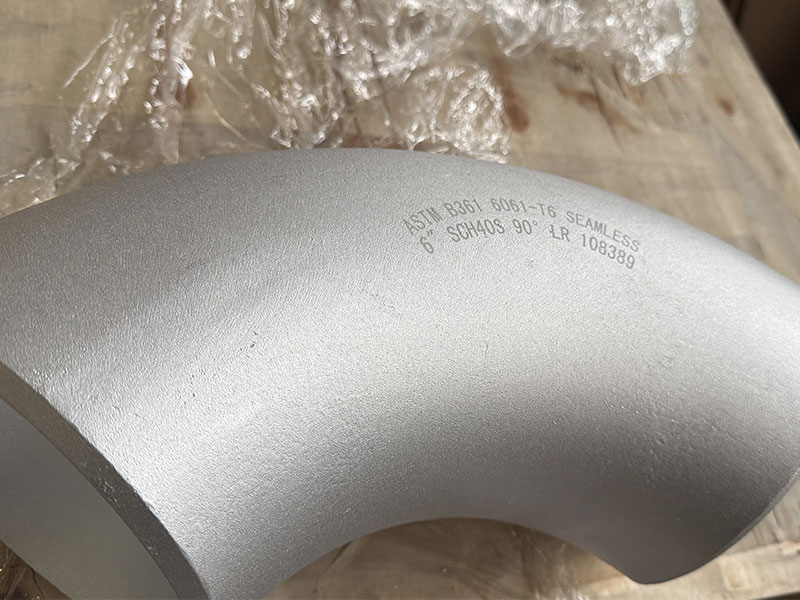
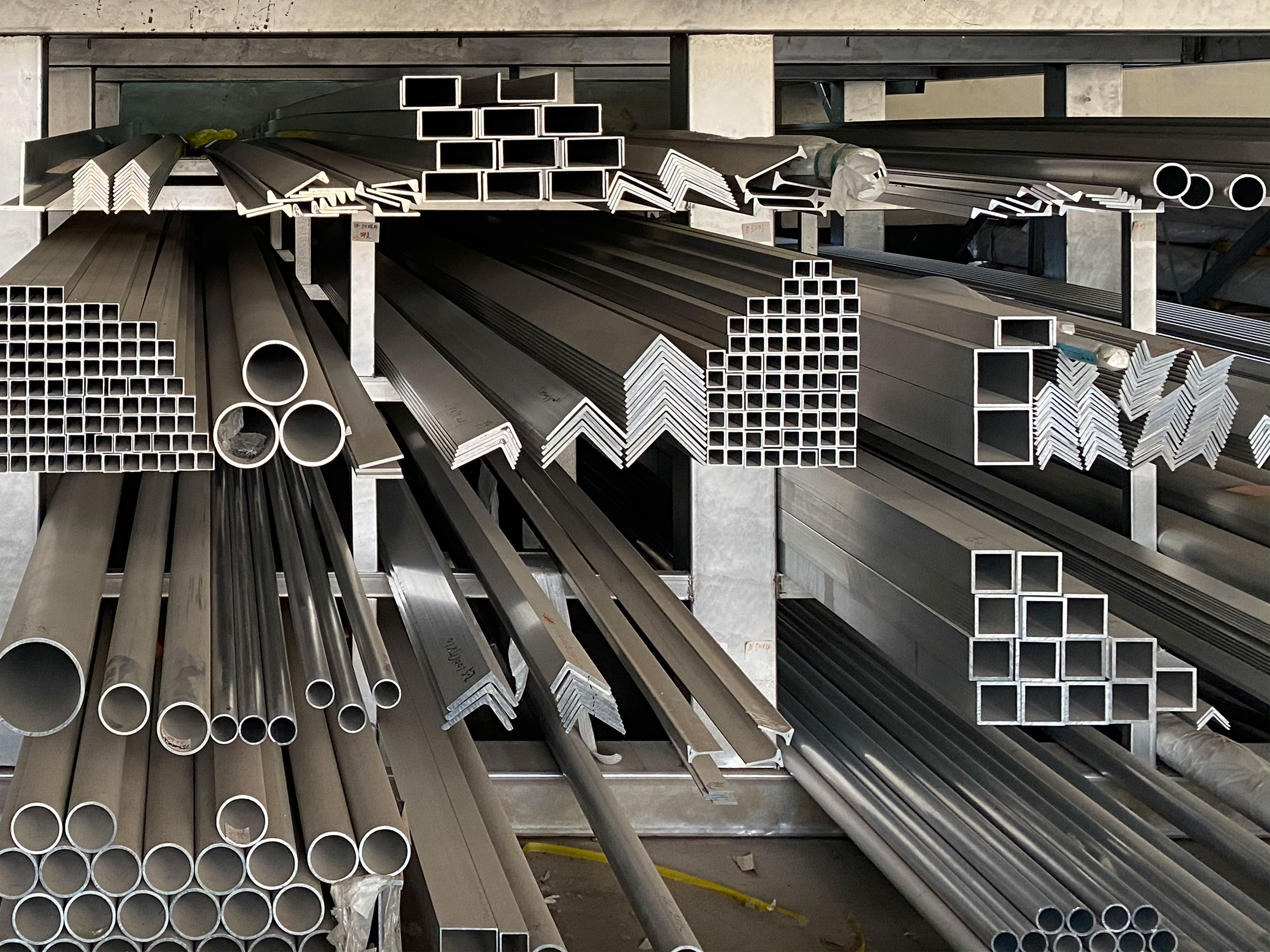
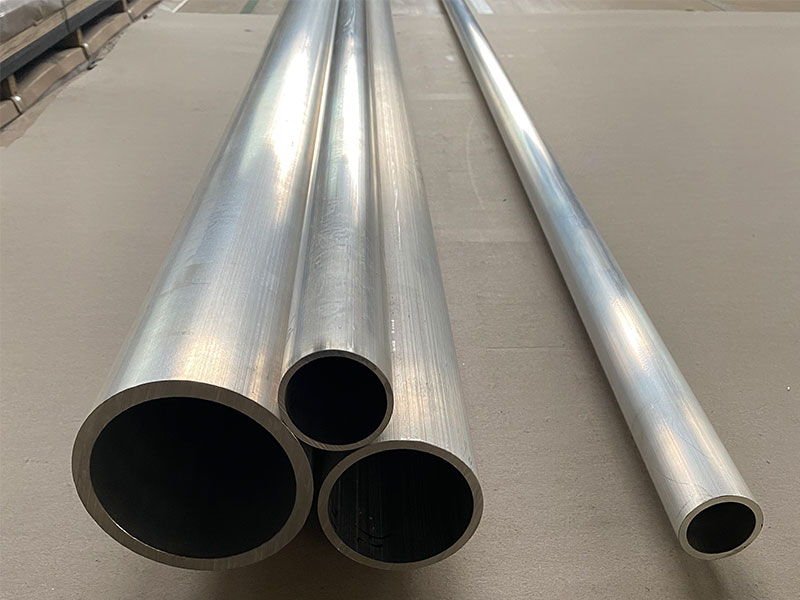
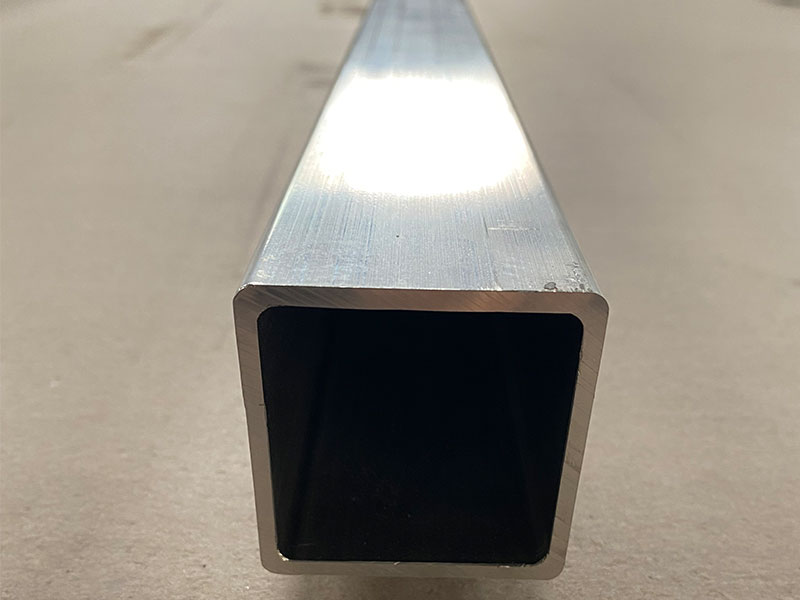
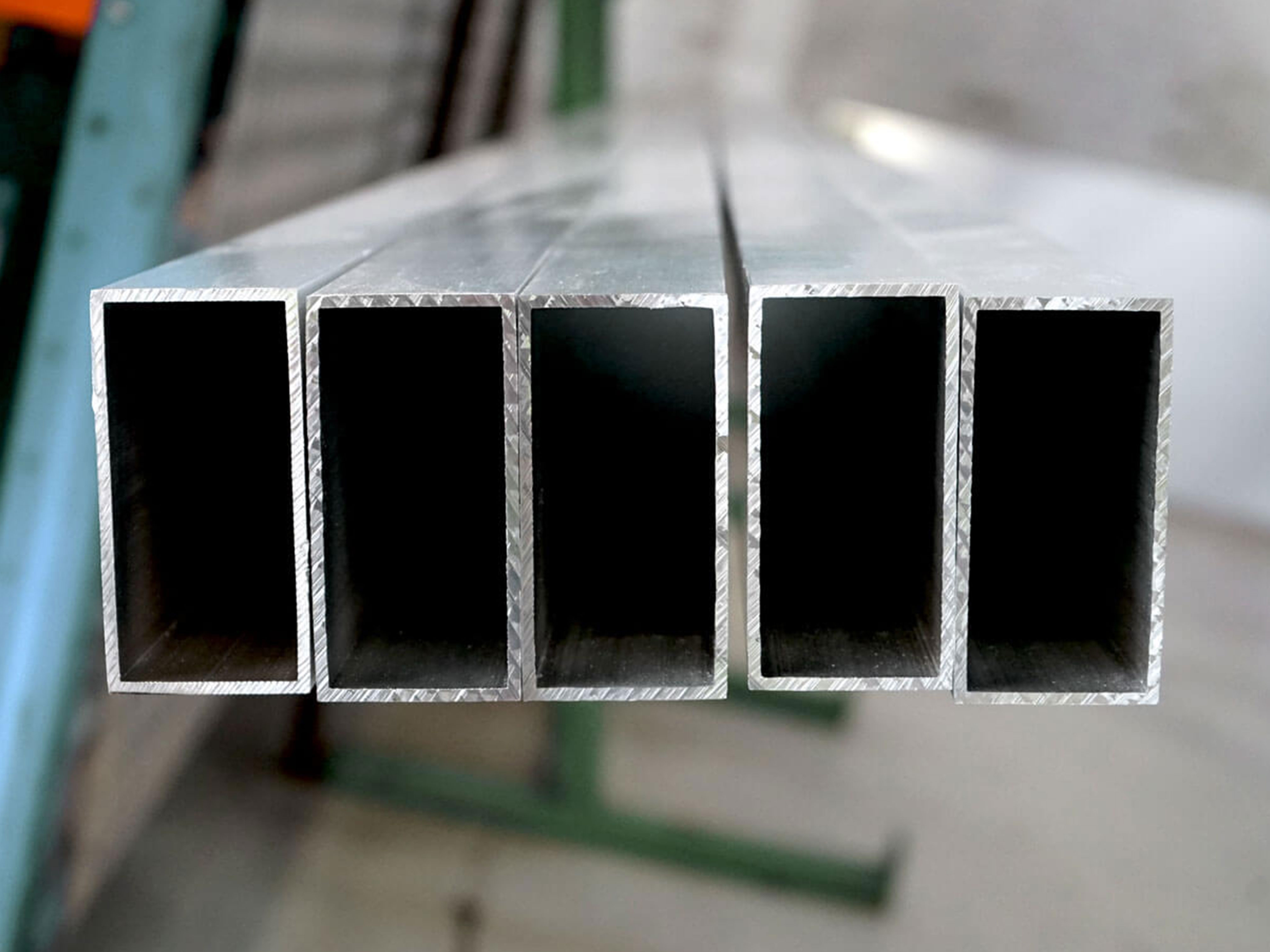







Leave a Message